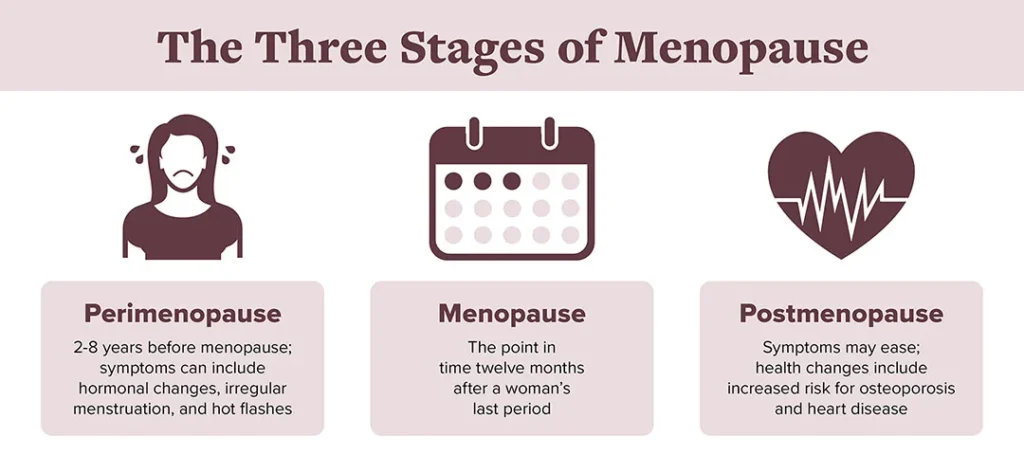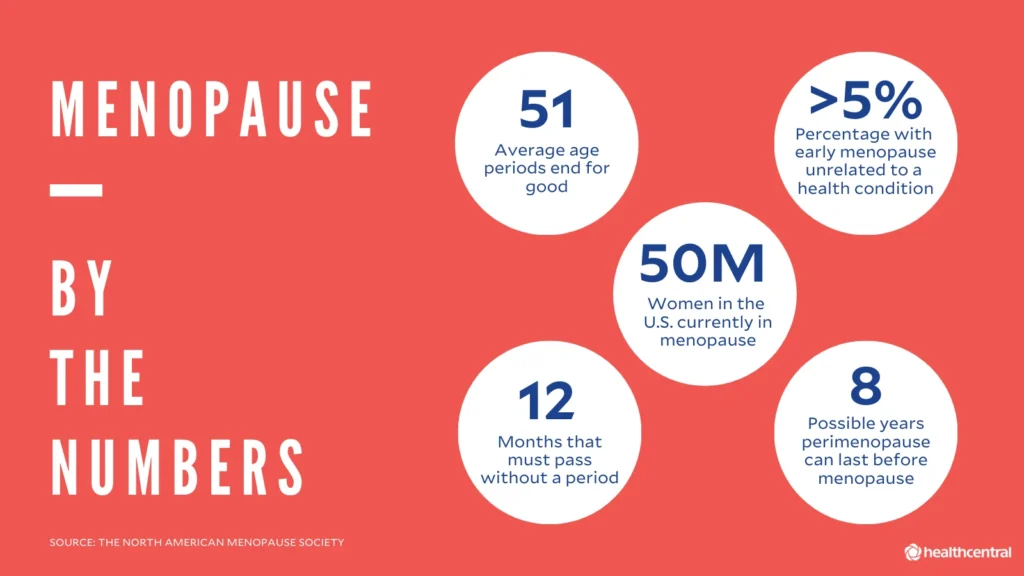In the last three decades, menopause was something that was barely talked about – quite literally. It was regarded as an unpleasant period, and a number of women dismissed it as “a phase,” or limited the conversation to hot flash jokes. Change, however, is in the air. Women are actively engaging in the conversation on social media and demanding better workplace conditions, comprehensive healthcare, and more social acceptance for these life-defining transitions. Menopause advocacy is a very multifaceted phenomenon; From healthcare barriers to menstrual justice, to feminism and activism, there is a deep history on this topic. The question is, why is it so important and how is it affecting different lives?
Why Menopause Advocacy Is Having a Moment:

Around 2025, menopause is set to impact 1.1 billion women internationally, but for some reason there is a shocking shortage of medical research, policy making or workplace innovation on the subject. There are some reasons to shift this trend:
- Stars are engaging in the discourse: Gwyneth Paltrow, Michelle Obama and Drew Barrymore have shared their stories and struggles during the menopause period as a way to normalize these conversations.
- Changing Economy: A study done by the Mayo Clinic in 2023 raised the issue of how productivity losses related to menopause cost the U. S. economy 150 billion dollars each year.
- Shift in generations: Perimenopause aged millennials and Gen X are tired of suffering in silence like their mothers did, and are more than willing to openly talk nd raise awareness about the issue.
The Silent Struggle: Why Advocacy Matters:
- Medical gaslighting, and lack of Information.
- Misdiagnosis: Issues such as brain fog, heart palpitations, and sore joints are often brushed away as “stress” or “aging.”
- HRT hesitancy: Despite posing minimal risk to most people, hormone replacement therapy (HRT) is still not prescribed frequently because of the outdated fears raised from the flawed 2002 studies.
- Research disparity: A staggering number of 50% of human population is left underserved because only 1% of global medicinal research spend their focus on menopause.
Workplace Stigma
- Hidden exodus: One in ten women quits their job because of the symptoms of menopause while 60% of women refuse to speak about their experience due to the fear of discrimination.
- Lack of policies: After the recent reforms, the UK now offers support for menopause in 59% of companies while the US still struggles with a mere 5%.
Cultural Taboos
Shame and silence: While 70% women feel unprepared for menopause, 44% believe the societal stigma forces them to mask their struggle looking for help.
The Rise of Menopause Advocacy: Who’s Leading the Charge?
Grassroots Movements
- The Menopause Charity (UK): Advocates prescription of free HRT and education schemes at schools.
- Hello Peri (Global): A perimenopause platform providing diagnostic apps and telemedicine services initiated by a Gen-X.

Corporate Trailblazers
- Unilever and Vodafone: Provide “menopause leave” alongside flexible hours and cooling rooms.
- Pfizer: Has a menopause mentorship program geared towards employees.
Policy Progress
- UK’s Menopause Mandate: Pushes for NHS reform while lobbying for mandatory training within businesses to better understand the menopause.
- Reasonable accommodation is mandated by the New York Menopause Rights Bill (2023) which is offered by the employers is.expand_outline
What Does Effective Advocacy Look Like
A. Everyone’s Education
- Schools: Ensure that menopause is not stigmatized by teaching it as a normal life transition to be trained regarding during sex ed classes.
- Medical education: Enhance the level of menopause education provided to OB-GYNs; activist groups argue that it should be a prerequisite to receiving a degree because they only make up twenty percent of those who have it.
B. The Employment Revolution
- Accommodations: Change the working conditions to allow for different hours, quieter working places, and more control over room temperature.
- Insurance: Insist that HRT, cooling aids, and therapy be included as covered by insurance.
C. The Feminist Representation:
- TV/Movies: Shows such as Sex Education and Grace and Frankie are changing the narratives around menopause and are portraying it how it is instead of the stereotypes that have been popularized surrounding it.
- Advertising: Feminist media is breaking the stigma just as much with Progressive, Femedic and their “Menopause at Work” branding campaigns.
Voices Of Change: Real Stories, Real Impact
- Maria, 49 CEO: After sleeping through work to the point of sleep deprivation and eventually collapsing, I opened a menopause task force. We now have less% of women over forty-five.
- Lata, 53 Teacher: Telling my story is one thing I do to fight around menopause, culturally shamed with my hat during our community temple, and boy was it transformational. HRT is one that gave my life back.
Frequently Asked Questions: Menopause Advocacy Unveiled
Q: Isn’t menopause a personal problem?
A: Definitely not. It is a personal, economic, humanitarian, and even public health concern for .5 of the world.
Q: What can I do to help a colleague that is going through menopause?
A: Ask them how you can extend help without presuming any ideas, try not to supervise too harshly, accept relaxation of deadlines, and aim for more lenient company boundaries like fan access or mental health days.
Q: Is HRT safe?
A: Yes, and especially for women under 60 with no contraindications. Recent studies show the treatment is beneficial for the heart, bones, and brain.
Q: What about natural remedies?
A: Some people use acupuncture or phytoestrogens, but these practices are not monitored. Always see a menopause-certified provider.
The Road Ahead: Building a Menopause-Inclusive World
This movement has very clear objectives:
- Universal healthcare access: Subsidized HRT, specialist clinics, and telemedicine.
- Global workplace standards: Enshrined menopause discrimination in employment law.
- Research funding: Black and Latina women with greater symptom severity and less care need to be prioritized.
Your Role in the Menopause Revolution
- Start with one action: Read The Menopause Manifesto by Dr. Jen Gunter or @menopause_doctor on Instagram.
- Start petitioning employers for policies and request lawmakers to support the Menopause Equity Act.
- Sharing your story can save somebody’s career— or life. The change begins with you.
ALSO READ MORE HEALTH ARTICLES FROM CHIID HEALTH






